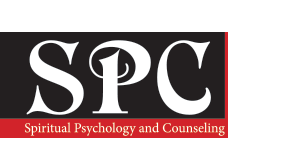Comparing Behavioral Health Graduate Students in Spiritual and Religious Competence
Author/s: Jennifer S. Park, Kathleen Arveson, Mark Newmeyer, Lee A. Underwood
DOI: 10.37898/spc.2018.3.2.0050
Year: 2018 Vol: 3 Number: 2
Abstract
When it comes to the integration of spirituality and religion within mental health training, standards remain ambiguous, particularly in non-religious affiliated institutions and individual practitioners. The aim of this study sought to examine the competence levels of mental health graduate students utilizing the Revised Spiritual Competence Scale II (SCS-R-II) and the Spiritual and Religious Competency Assessment (SARCA). Participants were recruited by contacting over 68 program directors of both Christian and secular accredited counseling, psychology, and social work schools in the United States and through the Counselor Education and Supervision Network Listserv and American Psychological Association of Graduate Students directory. 125 students with varying degrees of professed religious affiliation, completed the survey. Counselor trainees scored highest on both measures, yet without statistical significance. Students with very strong personal religious affiliation and attendees of Christian affiliated schools scored statistically higher on both measures. Findings indicated Christian institutions and trainees who professed very high Christian affiliation seemed to possess greater competence at integrating spiritual and religious constructs within mental health counseling. However, the results are limited due to sample size. Further, results pointed to convergent validity for the SCS-R-II and SARCA. Implications and future recommendations for behavior science educators and clinicians are discussed.
Keywords
Spirituality, Religion, SCS-R-II, SARCA, Spiritual Integration Competence

